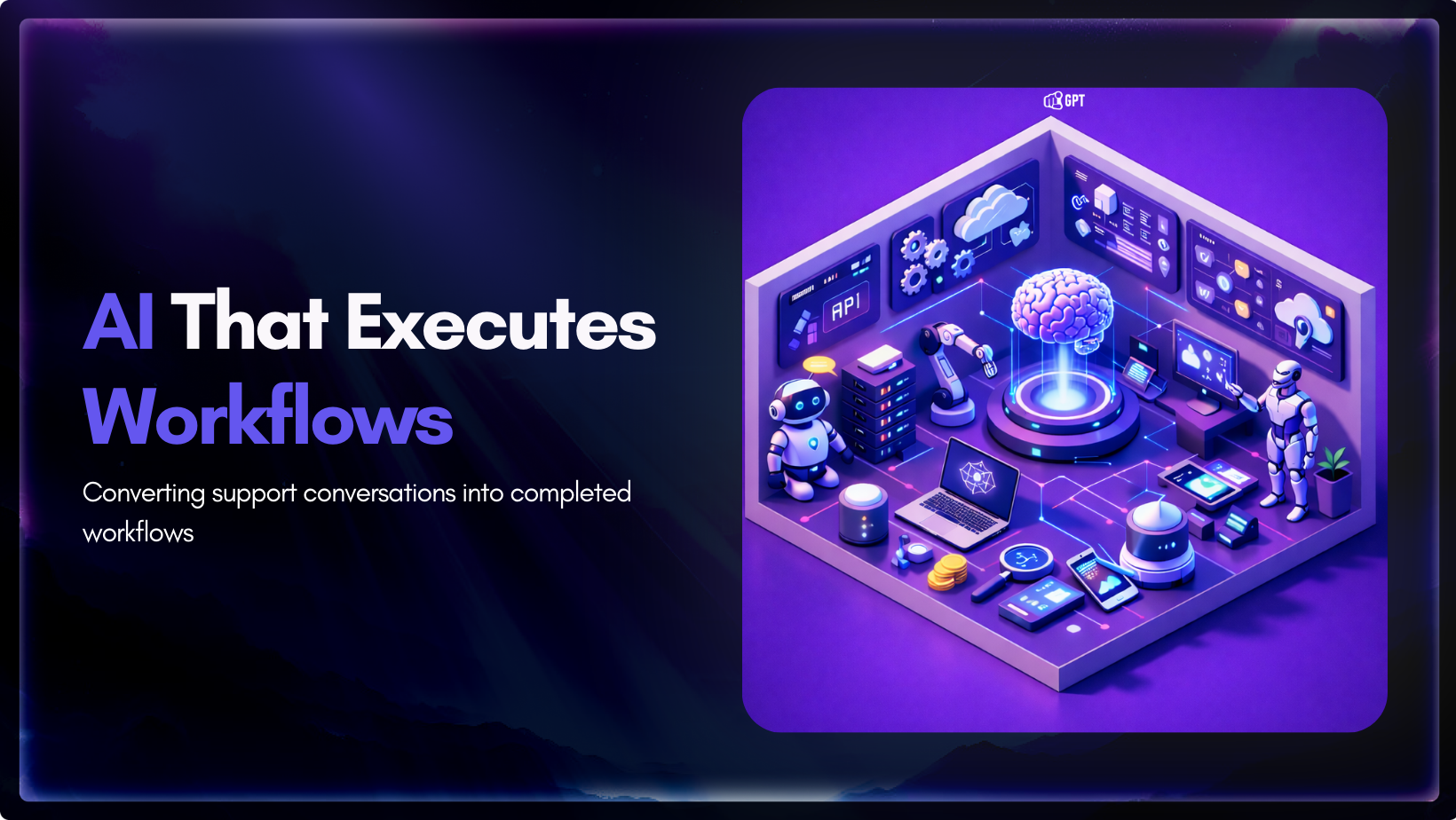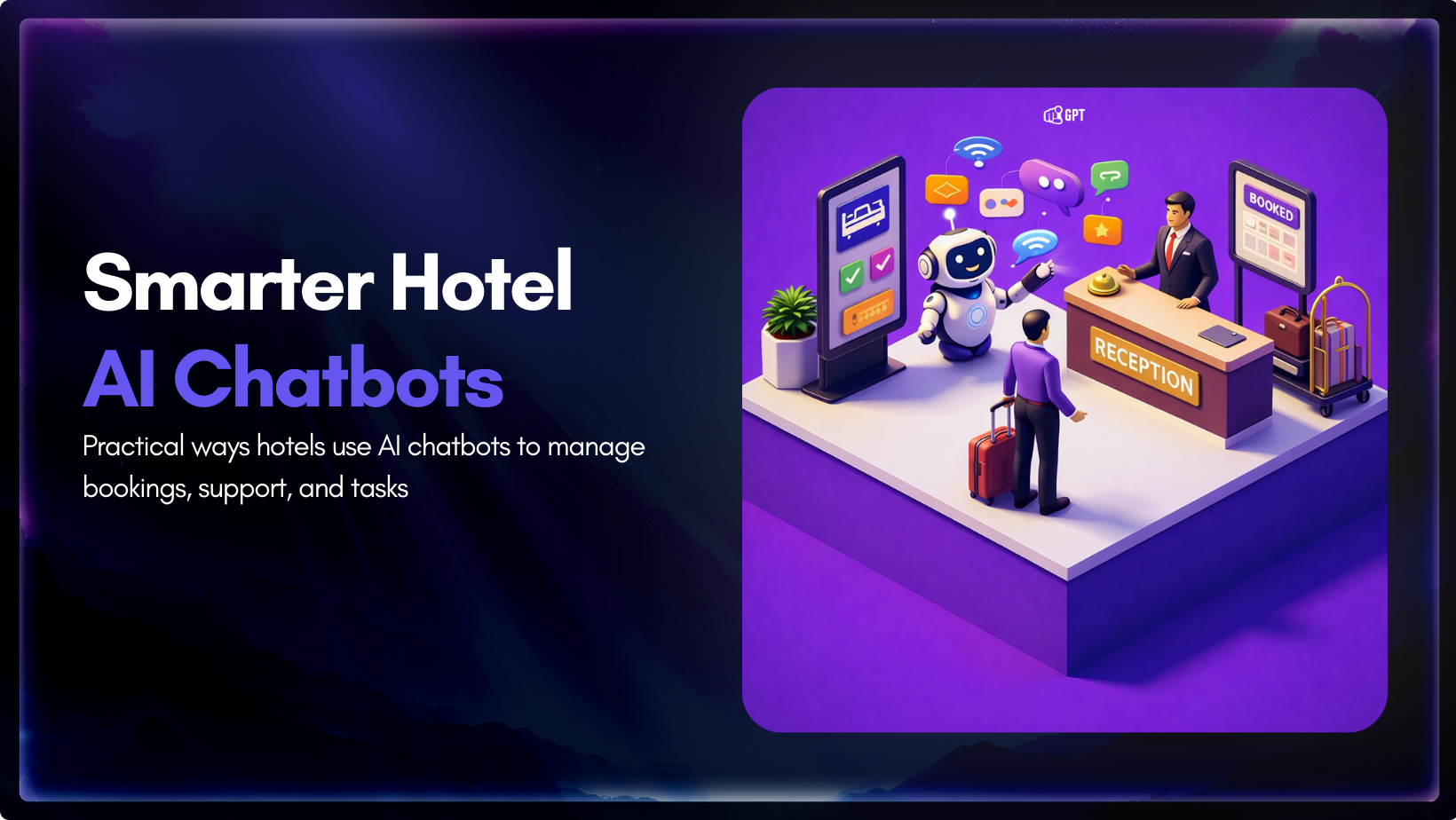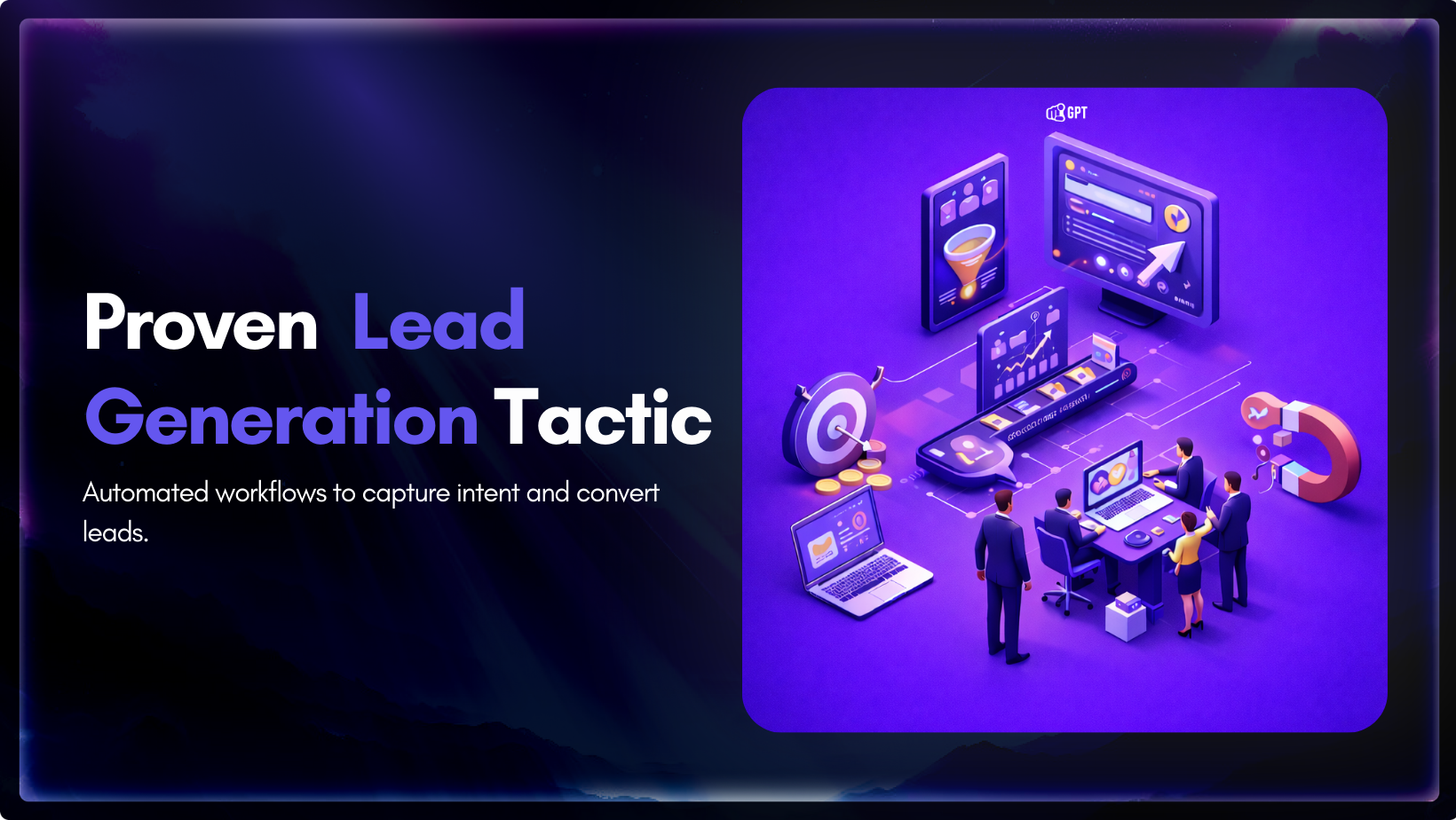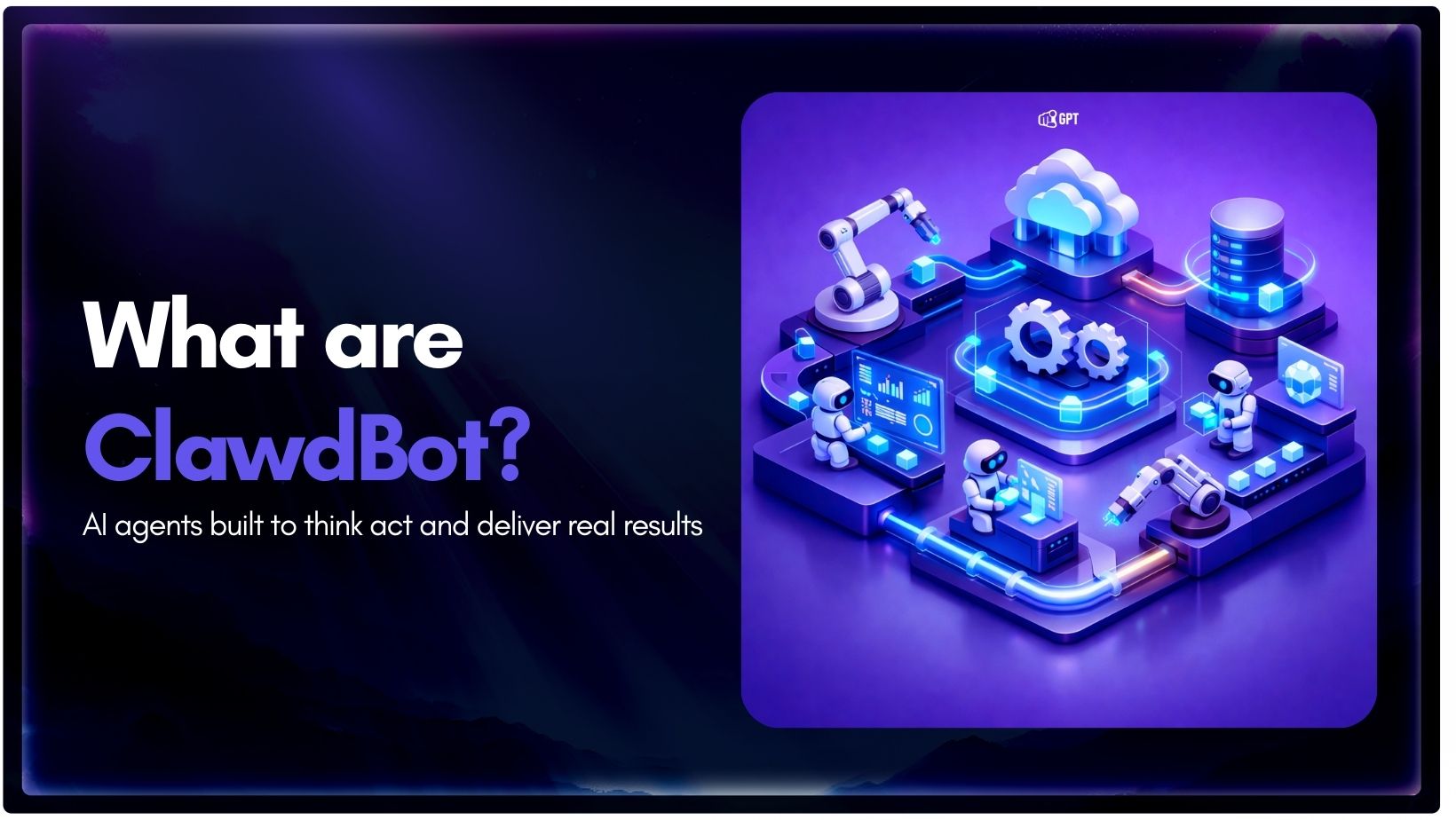15 Customer Service Skills for Success (& How to Build Them)


Strong customer service drives loyalty, revenue, and brand trust by combining empathy, communication, problem-solving, and consistent support experiences.
Building these skills through training, feedback, real-world practice, and smart automation creates faster resolutions, happier customers, and long-term business growth.
Customer service plays a vital role in a business’s reputation and growth. Regardless of how innovative a product is, ineffective service can lead to customer dissatisfaction, reduced loyalty, and lost revenue. Businesses in the U.S. lose an estimated $62 billion annually due to poor customer experiences.
Effective service goes beyond issue resolution it fosters positive interactions and long-term relationships. A well-equipped support team enhances customer retention and strengthens brand trust. Developing strong customer service skills requires continuous learning and a focus on key competencies.
This blog will cover 15 essential customer service skills and provide actionable strategies to develop them.

Customer service is the support a business provides before, during, and after a purchase. It includes addressing inquiries, resolving issues, and facilitating interactions through in-person communication, phone, email, chat, and social media,, often enhanced by omnichannel chatbot solutions that integrate multiple platforms seamlessly.
Beyond answering questions, customer service involves proactive communication, problem-solving, and consistency. This includes timely responses, clear communication, and ensuring customer needs are met efficiently.
Organizations define customer service based on their objectives and values, but the fundamental goal is to provide a structured and responsive experience. Effective service contributes to customer retention, brand reputation, and overall business outcomes.

Most businesses pour all their money into marketing and sales, thinking that’s what drives growth. But the reality is: Your existing customers are the ones who keep your business alive. The way you treat them—your customer service, enriched with insights from AI help desk strategies embedded within your workflow—determines whether they stay, buy more, and bring others with them.
Think about it—what happens after a customer buys from you? If they have a great experience, they come back. If they don’t, they leave (and probably tell everyone why).
Customers don’t just buy products. They buy confidence in your brand. When they know they can count on you—whether things go smoothly or not—they’re far more likely to stick around.
Ever thought why brands like Amazon, Zappos, or Apple have such strong customer loyalty? It is not just their products—it’s the reliability of their service. Customers trust that if something goes wrong, they won’t be left stranded.
Most people will tolerate a less-than-perfect product if they know they’ll be taken care of. But bad service? That’s a deal-breaker. Studies show that customers are more likely to walk away due to poor service than price or product quality.
And here’s the kicker—most unhappy customers won’t even complain. They’ll just leave and take their money elsewhere.
With online reviews, social media, and word-of-mouth, your service quality isn’t just an internal matter—it’s public information.
A single viral complaint can cost you thousands of potential customers, while an exceptional service experience can turn one buyer into a lifelong advocate.
Acquiring new customers is five times more expensive than keeping an existing one. A small increase in retention can have a massive impact on profits. Yet, most companies chase new leads instead of nurturing the ones they already have.
Great service means fewer lost customers, lower churn, and a steady flow of repeat buyers.
Most businesses focus on product and pricing, but service is often the real differentiator. Even in a crowded market, people will pay more for a brand they trust to treat them right.
customer service isn’t just a department—it’s a strategy. If you Get it right, it won’t just prevent losses; it will drive long-term growth.
Customer service isn’t just about responding to complaints. It’s about understanding human psychology, handling difficult situations, and making people feel valued. This philosophy is reflected in the way AI chatbots in customer support deliver personalized experiences that go far beyond answering simple queries.
When customer service representatives make customers feel heard and respected, they not only resolve issues but also build trust that translates into loyalty and repeat business.
People don’t remember exactly what was said—they remember how it made them feel. Tone, clarity, and responsiveness determine whether a customer walks away satisfied or frustrated.
Even a simple “I understand your concern, and I’m here to help” can defuse tension, while a poorly worded response can escalate a minor issue into a full-blown problem.
Customers don’t expect perfection—they expect solutions. A team trained in problem-solving can turn a complaint into an opportunity.
Instead of saying, “That’s our policy, there’s nothing I can do,” a skilled service representative will say, “Let me see what options I can offer.” That slight shift in approach changes everything.
Customers don’t just want answers; they want to feel heard. Empathy in customer service means recognizing frustration and responding with understanding.
A simple, “I totally get why that’s frustrating—I’d be upset too,” instantly makes the conversation more human. And customers remember brands that treat them with respect.
Not every customer interaction will be smooth. Some will be angry, impatient, or even unfair. The way service teams handle those moments says everything about a company’s culture.
Poorly trained reps react emotionally, leading to lost business. Skilled professionals stay calm, de-escalate tension, and find solutions. That difference determines whether a customer leaves frustrated—or becomes a loyal advocate.
When customer service teams are well-trained, they resolve issues faster, reduce escalations, and improve efficiency. That means fewer refunds, fewer complaints, and more satisfied customers.
When done right, great customer service leads to:
Companies that train their teams in empathy, communication, and problem-solving don’t just reduce complaints—they create loyal customers who stick around for years. This directly impacts revenue and business growth.
Customer service is not about answering questions. It’s about making customers feel heard, respected, and confident in your brand. And when you get that right, the results speak for themselves.

People don’t want to feel like a transaction. They want to be recognized.
Nothing is worse than a support rep who doesn’t understand the product. Customers don’t want to be transferred three times just to get a basic answer.
If a customer has to teach you how your own product works, you’ve already lost them.
A customer should never struggle to reach support. If they do, you’ve already frustrated them before solving their issue.
The best support isn’t reactive—it’s proactive.
Instead of waiting for complaints, anticipate issues and address them upfront. This builds trust.
Most customer complaints aren’t about the problem—they’re about how the situation makes them feel.
Good customer service addresses both the issue and the emotion behind it.
Example: “I completely understand how frustrating this delay is. Let’s figure out a way to make this right.”
Customers want a solution yesterday.
A fast, incomplete response is worse than a slightly delayed but complete one.
Customers don’t expect perfection, but they do expect fairness.
Unfair policies create resentment, and resentment kills loyalty.
Hiring the right people for customer service isn’t just about filling a role—it’s about finding people who genuinely care about helping customers succeed.
Great customer service starts with the right team. You need people who are calm under pressure, creative in finding solutions, and skilled at problem-solving.
Degrees and specific experience? Not always necessary. What matters most is their ability to:
Finding these people isn’t easy, but it’s worth it. Competitive pay helps attract top talent, but more importantly, leaders should look for key traits that make someone truly exceptional at customer support.
Here are the 15 customer service skills every professional should master—and every hiring manager should prioritize.

Customers don’t always explain their issues clearly. A great support representative reads between the lines, asks the right questions, and figures out what’s really going on.
The best support teams don’t just answer questions—they make the customer’s life easier.
Customer service often means dealing with frustrated, confused, or even angry customers. A patient representative stays calm, listens carefully, and focuses on solutions.
Patience isn’t just about being nice—it’s about making customers feel supported and respected, no matter the situation.

Great support reps don’t just hear customers—they understand them.
Attentiveness turns a basic interaction into a great customer experience.
Customer service means dealing with all kinds of emotions—frustration, confusion, even anger. A great representative knows how to handle emotions without making things worse.
Customers don’t just remember what you say—they remember how you made them feel.

Customers don’t want long explanations. They want clear, simple answers that solve their problem.
A well-explained solution doesn’t just fix the issue—it makes the customer feel confident and in control.
Good writing isn’t just about grammar—it’s about making sure customers understand and feel valued.
A well-written response prevents confusion, speeds up resolution, and leaves the customer with a positive experience.
Not every problem has a standard solution. That’s where creativity comes in.
Customers appreciate representatives who go the extra mile to find a solution instead of just saying “no.”
Customer service isn’t just about answering questions—it’s about guiding customers to the best outcome.
Good persuasion isn’t salesy—it’s helpful.
The words you use shape the customer’s experience.
Example: Instead of “That item is out of stock,” say:
✅ “That item will be back soon! I can notify you when it’s available.”
A small shift in wording can completely change how a customer feels.
No two customers—or problems—are the same. A great rep adjusts quickly and stays calm under pressure.
The best support reps don’t just follow a script—they think on their feet and adjust as needed.

Great customer service isn’t just about solving problems—it’s about solving them efficiently.
Customers don’t like waiting, but they also don’t want sloppy service. The best reps manage time wisely so no one feels ignored.
Nothing frustrates a customer more than a support rep who doesn’t understand the product.
When reps truly know the product, they solve issues quickly and make customers feel trust in the brand.

Customer service is a team effort. No single rep can handle every issue alone.
Customers don’t care who fixes their issue—they just want it solved quickly and correctly. Strong teamwork makes that happen.
A sharp eye for detail can mean the difference between a resolved issue and a frustrated customer.
Customers feel valued when reps take the time to fully resolve their concerns instead of rushing through the interaction.
Not every customer will be happy when they reach out—but a skilled support representative knows how to de-escalate and resolve issues professionally.
A well-handled conflict can turn an upset customer into a lifelong fan.
Effective customer service skills play a crucial role in shaping customer experiences and fostering long-term relationships. Here’s why they matter:
Developing strong customer service skills supports positive interactions and contributes to overall business success.

Most companies treat customer service training as a one-time thing. That’s a mistake. The best teams continuously refine their skills to handle any situation with confidence, adaptability, and professionalism.
Customer expectations evolve. The way people communicate changes. A great support team doesn’t just react to problems—they anticipate and prevent them.
Here’s how to actually develop top-tier customer service skills:
You can’t train great service skills just by handing out a manual. The best reps learn by doing.
The more exposure they have to real customer problems, the better they’ll be at handling them.
Most companies wait until performance reviews to give feedback. By then, it’s too late.
Instant feedback helps reps course-correct fast instead of repeating mistakes for months.
Anyone can be polite when things are going smoothly. But great customer service reps shine when customers are angry, impatient, or frustrated.
If reps can handle the toughest conversations, they’ll breeze through everything else.
Most support reps focus on fixing problems—but the best ones also focus on understanding the customer’s mindset.
When reps understand customer behavior, they go from just solving problems to building loyalty.
Support teams shouldn’t be the only ones responsible for customer satisfaction. Every department—product, sales, marketing—should be involved in customer insights.
When the entire company understands customer pain points, service improves across the board.
Customer service is mentally tough. Reps deal with frustrated people all day. If they’re burned out, their performance suffers.
Great reps aren’t just trained—they are empowered to make smart decisions.
Customer service refers to the support a business provides before, during, and after a purchase. It includes assisting customers with inquiries, resolving issues, and facilitating communication across multiple channels such as phone, email, chat, and social media.
Customer service is crucial for business success as it enhances customer retention, strengthens brand reputation, and increases revenue. A positive service experience fosters customer loyalty and encourages repeat business.
The key principles of effective customer service include personalization, competence, accessibility, proactive assistance, empathy, timely responses, and fairness. These principles help businesses create a structured and responsive customer experience.
Essential customer service skills include problem-solving, patience, attentiveness, emotional intelligence, clear communication, adaptability, and conflict resolution. These skills enable representatives to handle customer inquiries efficiently and effectively.
Great customer service isn’t just about answering questions—it’s about building trust and keeping customers engaged. Businesses that invest in strong support teams, quick response times, that adpot techno and helpful interactions create loyal customers who stick around.
But great service isn’t just about people—it also depends on the right tools. AI-powered solutions like YourGPT help businesses automate routine questions, speed up responses, and let human agents focus on more complex issues. This means customers get the help they need faster, and support teams can work more effectively.
When businesses combine skilled teams with smart automation, customer service stops being just another expense. It becomes a competitive advantage that improves retention, strengthens the brand, and drives long-term growth.
Join thousands of businesses transforming customer interactions with YourGPT AI
No credit card required • Full access • Limited time offer

Access to clear, accurate information now sits at the center of customer experience and internal operations. People search first when setting up products, reviewing policies, or resolving issues, making structured knowledge essential for fast, consistent answers. A knowledge base organizes repeatable information such as guides, workflows, documentation, and policies into a searchable system that supports […]


TL;DR Agent mining shifts AI from answering questions to executing real work across systems through controlled, repeatable workflows with verification. By automating repetitive operations with guardrails and observability, agents reduce friction, improve consistency, and let humans focus on decisions and edge cases. For a decade, AI was mostly framed as something that answers. It explains, […]


Say “AI” and most people still think ChatGPT. A chat interface where you type a question and get an answer back. Fast, helpful, sometimes impressive. Three years after ChatGPT went viral, surveys show that’s still how most people think about AI. For many, ChatGPT isn’t just an example of AI. It is AI. The entire […]


Hotel guests don’t wait for business hours to ask questions. They message whenever it’s convenient for them, which is usually when your staff aren’t available to respond. If they don’t hear back quickly, they book elsewhere. The requests themselves are rarely complicated. Guests want to know about availability, check-in procedures, whether pets are allowed, or […]


TL;DR Lead generation in 2026 works best with a multi-channel system, not isolated tactics. This blog covers 18 proven strategies and 12 optimizations used by top teams. You will learn how to combine AI, outbound, content, and community to build predictable lead flow at any scale. Lead generation is the lifeblood of every business. Without […]


In 2026, “How many AI agents work at your company?” is not a thought experiment. It is a practical question about capacity. About how much work gets done without adding headcount, delays, or handoffs. Most teams have already discovered the limits of chatbots. They answer questions, then stop. The real opportunity is in AI agents […]
